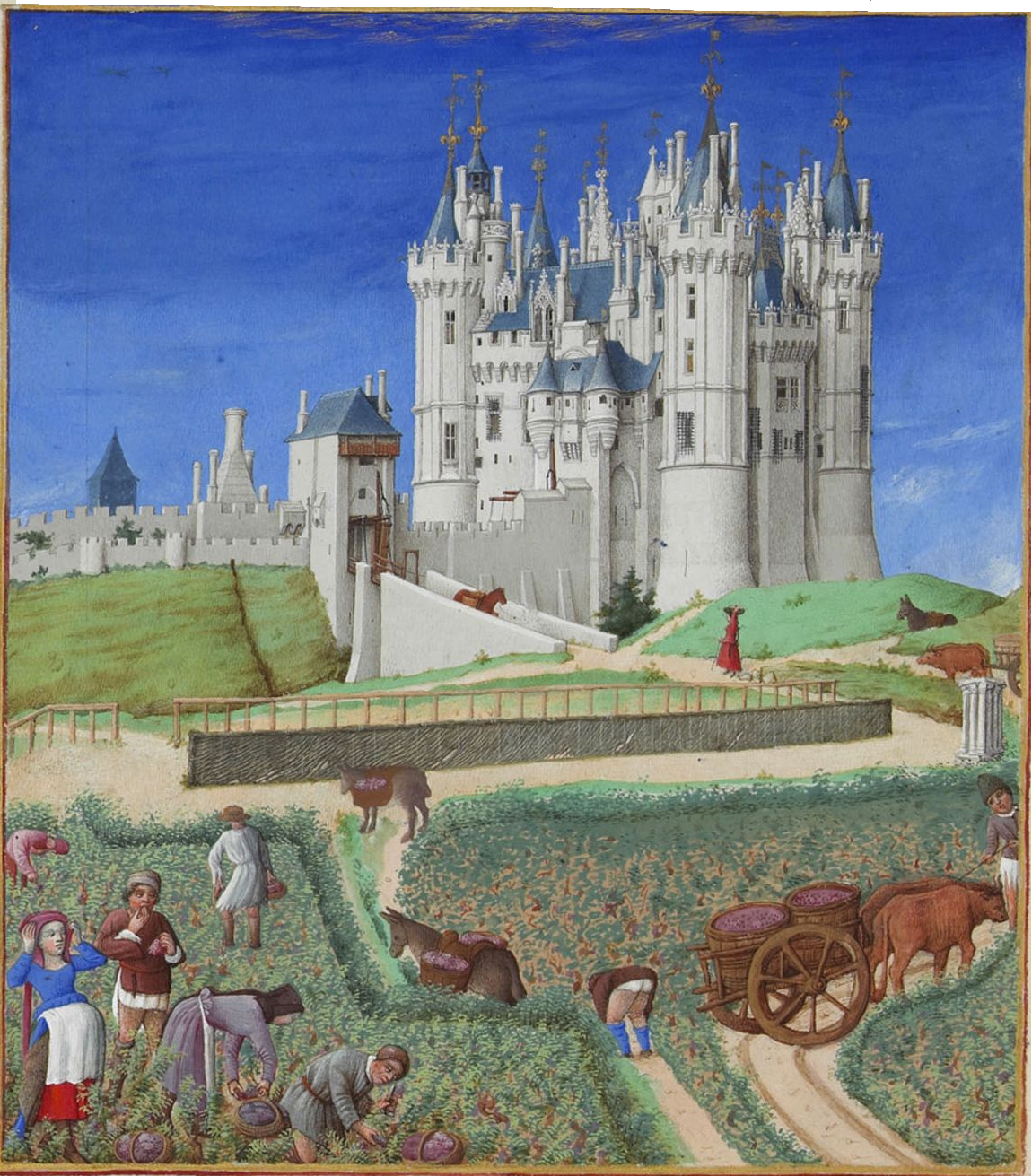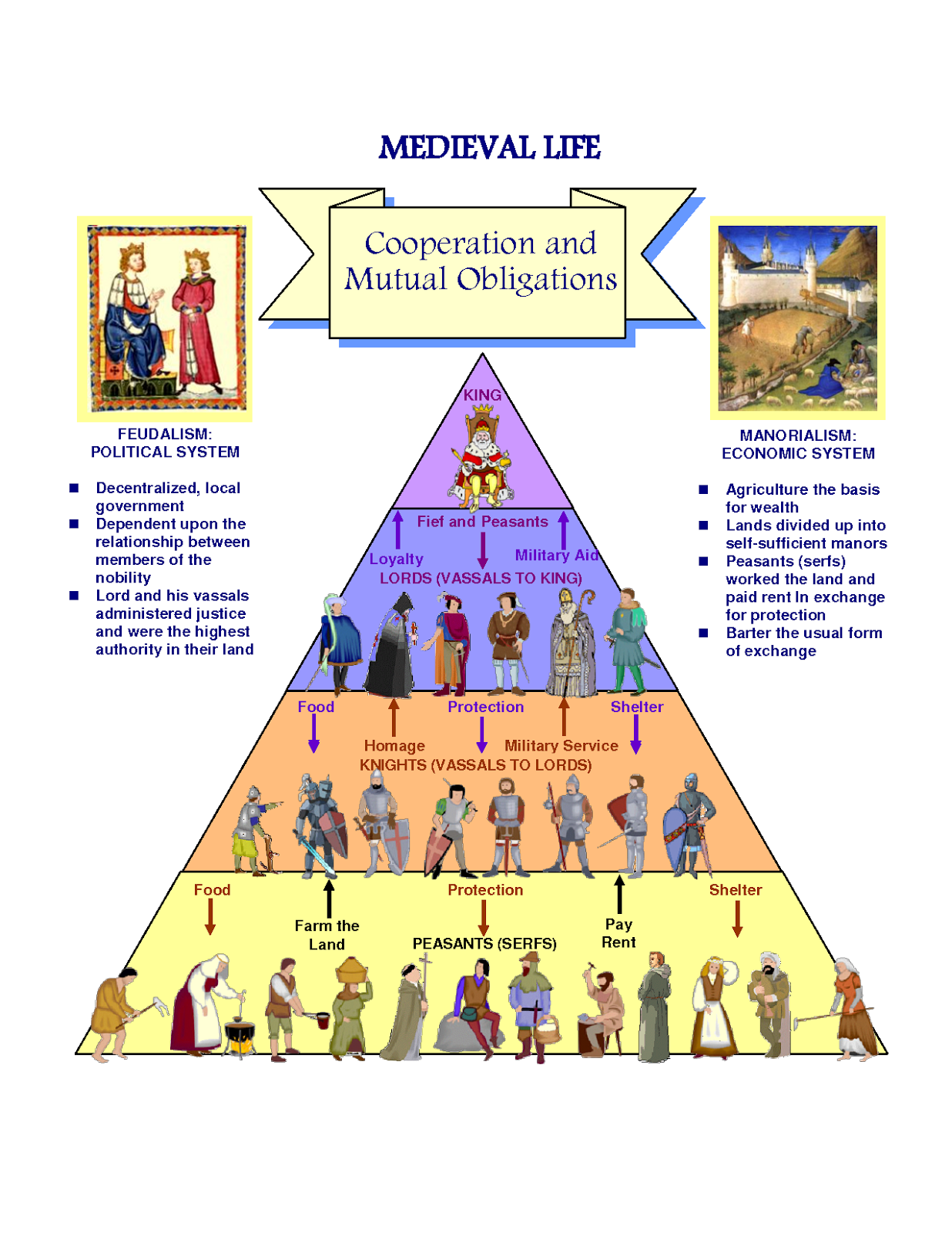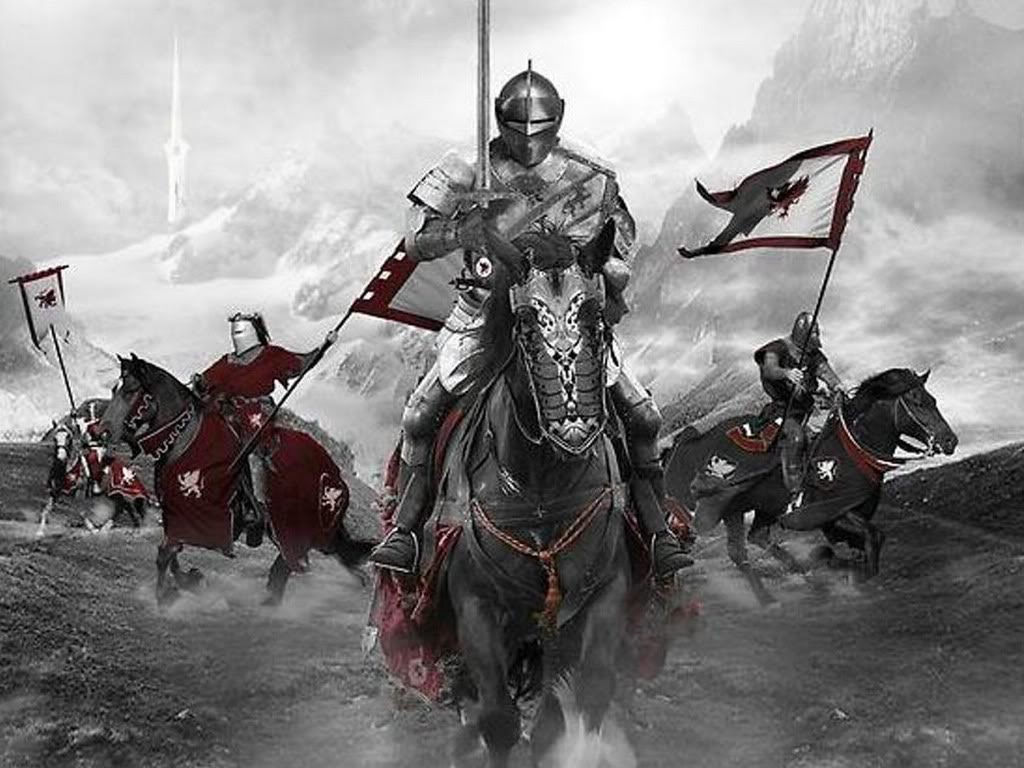

Later published in many languages, it became a major source of European knowledge of the African Islamic world, much as Marco Polo's writings introduced Europeans to China. It was during his stay in Italy that he completed in 1526 1526 1526 the book for which he is most clearly remembered, The History and Description of Africa, based on observations and knowledge picked up during his travels. There he was apparently converted to Christianity, at least for a time, though he later chose to live in Muslim North Africa and likely returned to his original Muslim faith. On one of these journeys, he was captured by pirates, winding up in Rome, where he came to the attention of Pope Leo X. Later, he served the sultan of Morocco as a diplomat and commercial agent, traveling widely in North Africa, the Middle East, Italy, and West Africa. His family moved to Fez in Morocco, where he was educated in Islamic law. It is important not to let our own cultural prejudices based on such myths influence us when we are trying to study the historical Middle Ages.Known to the world by his European-derived nickname of Leo Africanus, this widely traveled Arabic-speaking Muslim of Berber background was actually born as al-Hassan Ibn Muhammad al Wazzan in Granada, Spain, during the late fifteenth century, just as Islam was being pushed out of that country. As a result, we construct myths of the Middle Ages which embodies things we disapprove. We also tend to assume that the present is better than the past (incidentally, an assumption which medieval people would not have shared). What makes use modern is how we are different from the Middle Ages. In many ways, we define our own sense of "modernity" against the medieval past. You should also avoid this prejudicial usage.ħ. Because feudalism developed in the medieval period, the term "feudal" has also acquired in modern non-academic use a derogatory sense implying a less "civilised" past. From our the year 1100, the socio-economic system known as "feudalism" developed. Use "the Middle Ages" and "medieval" for the whole period from 500-1100, and, if you need to get more specific, use terms like "early Middle Ages" and "late medieval".Ħ. You will sometimes still see this division today, but it is best avoided because of the prejudices that accompany the term "the Dark Ages". The so-called feudal society, however, can refer to various elements of that transformation period, including social.


In older scholarship, the term was used to refer to the early medieval period, and the term "medieval" generally referred to the period from 1100-1500. Feudalism, as a generalization, describes those forces in Western Europe during a period of transformation following the dissolution of the Roman Empire. The same is true for the term "the Dark Ages". The phrase "to get medieval" does not really express anything specific about the Middle Ages its meaning could be as easily captured by the phrase "to get Tarantino".ĥ. These prejudices do not always have a basis in historical reality and should be avoided. They are often used in non-academic settings to refer to a non-specific time in the past where people were assumed to be more barbaric, ignorant, and violent than we are today. In academic use, "the Middle Ages" and "medieval" refer to the period between the Roman Empire and the early modern period. Make sure the second letter is an e and that the word does not contain "evil".Ĥ. Make it your personal mission not to misspell "medieval". It is never capitalised unless it is at the beginning of a sentence or in a title.ģ. The adjective used to describe the Middle Ages is "medieval". Terminology for Studying the Middle Ages Terminology for Studying the Middle AgesĢ.


 0 kommentar(er)
0 kommentar(er)
